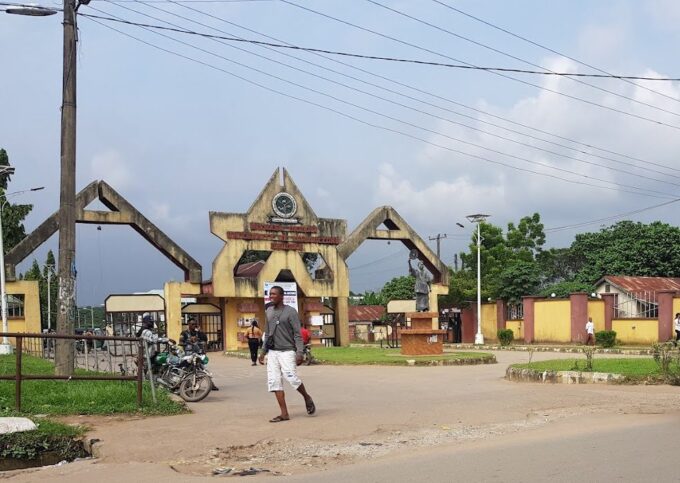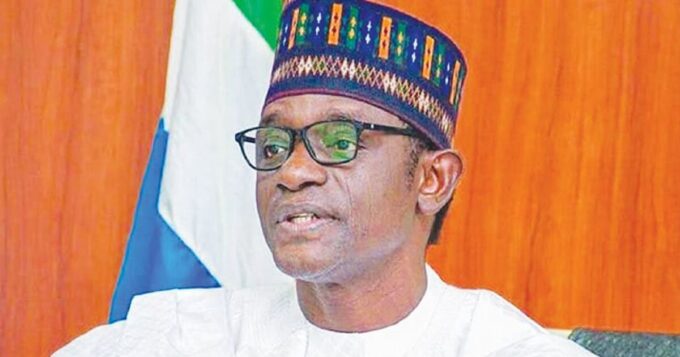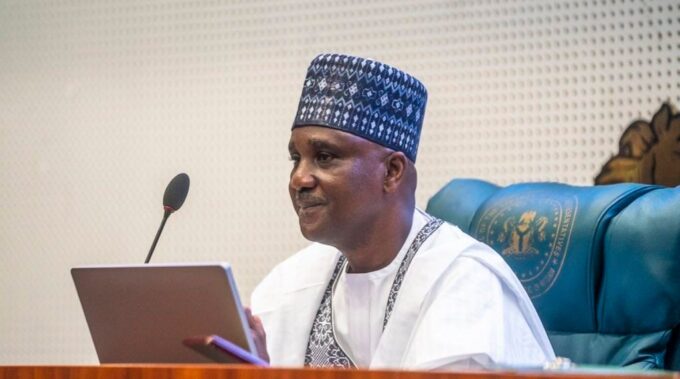…Blame high duty, low purchasing power, others
By Steve Agbota
Faced with crippling import duties, dwindling consumer purchasing power and high exchange rate, many Nigerian importers, especially those in international auto shipping, are increasingly shutting down their warehouses and turning to more lucrative ventures in real estate and e-hailing services.
The shift, they say, is a desperate bid to survive as the worsening economic crunch erodes profits and renders traditional import business increasingly unviable.
Car dealers and shippers of various goods at Alaba international market have lamented low patronage and ballooning job losses.
Investigation by Daily Sun revealed that most of the importers are leaving Nigeria for neighbouring countries while some are into e-hailing and other businesses to sustain their families.
The importers who spoke to Daily Sun blamed the situation on the scarcity of forex, fluctuation in exchange rates, and unfriendly government policies in the country.
The traders said that since the floating of the exchange rate by President Bola Tinubu in 2023, the exchange rate has increased by over 300 per cent as the foreign exchange rate, especially the United States dollar, moved from N455/$1 to N1,766/$1 over the last one year.
Car dealers who spoke to Daily Sun at the Berger Auto Yard at the weekend said that they hardly sell six cars in a month, and they find it difficult to even come to the car mart because of transport fares increasing daily.
Speaking to Daily Sun, an importer at Alaba International Market, Emmanuel Amaife, said it is not far from the truth because most importers are heavily challenged, ranging from forex scarcity/fluctuation going up and down daily.
He said that by doing so, many people have almost lost their capital.
“For example, when you are trading with N100,000, maybe N100,000 could buy you 10 items, but suddenly the prices of those items went so high that N100,000 can now buy you three items. By doing so, you will not be able to meet up your expenses. You will not be able to continue to do the business successfully,” he added.
He explained that most importers have been thrown out of business based on so many policies that have not been very helpful, ranging from the forex, the cost of clearing goods, different tariffs here and there, and tariffs going up daily.
He said the purchasing power of the masses has also gone down, and it was discovered that most importers borrowed the funds from banks.
“By the time you do that, you will not be able to meet up, you know, paying an interest rate and things like that, paying your staff, maintaining your business premises, and a whole lot. So the challenges are enormous. So yes, many have diversified into other businesses so that they can attend to their little funds that are left for them.
“Because if you don’t do that, the fund might likely vanish from your hand. So many of them, like you said, are in real estate. And real estate, too, is having its challenges. But the fact remains that most importers are finding it difficult to remain in business. And there is no such loan coming from the government system that could help — maybe where you can take a loan with a very reduced interest rate. It’s not available for the trading community.
“So you only have to source the fund by yourself. Assuming the trading community has access to either an interest-free loan or a very reduced-interest loan, yes, it could help them a lot. And in conclusion, the effect of these things on the economy is massive,” he lamented.
He said there is a loss of employment here and there, and most importers are employers of labour, while many of them have direct or indirect people working for them, and they also have people working with them who are reselling their products and things like that.
“So many of them are losing their jobs, thereby creating more and more unemployment in the system. You know, that’s one. And two, insecurity will continue to be on the rise because most of these people who depend on these businesses to make a living are no longer making any income.
“And what do you expect? You know, they’ll have to look for somewhere to get money and income. So it will add to the insecurity that we are battling in the country. And lastly, the younger generation — the youth — they too are highly affected because most of them do get little jobs from these importers here and there, but now they can’t get these jobs.
“Some of them, too, can’t go to school on their ticket, as either they or their parents will not be able to, you know, cater for their academic needs. So in all, the overall effect on the economy is massive and terrible.
“So I think the government should come to our aid. You know, they should see a way they could open up a system where most traders and importers can access loans with little interest, possibly, so that they will be able to help in building the economy,” he said.
Meanwhile, an importer and President of the Association of Motor Dealers of Nigeria (AMDON), Prince Ajibola Adedoyin, said the situation is expected since the thing affected almost every sector of the economy, because the nation’s economy is import-dependent.
However, he said in the area of vehicle importation, the number has decreased, which has affected sales as well.
“And, you know, maybe some money you could use to buy four cars before, you’ll be struggling to buy one car with it now. That is fairly used (Tokunbo). And, since you cannot blame the government of the day — why? Because it is the issue of the exchange rate.
“That’s the floating of the currency that brought all these things. And then, you can see that what the exchange rate was in 2013 is far different from now. And then, the difference is very significant.
“So, almost times three. So, that’s to tell you that whatever you used money to bring in before, you have to times it by three before you can bring that same thing in. So, that is it,” he added.
According to him, that has made some people unable to cope, saying even if one brings it in, buying is not as it was before, and the difference is very clear.
“And so, some who cannot cope have to pull out from the business and join other businesses. Though, you know, some are going and some are leaving. But those that are leaving, they are not up to those coming in. And that is even what has affected the importation of the vehicle itself,” he explained.
He urged the government to look at what they can do to cushion the effect in one way or the other, adding that even in the increments of tariffs, they should do it with a little bit of faith because, at the end of the day, it has some ripple effects on the general transportation of the nation.
“Because, you know, we don’t have alternatives, per se, to land travel, that’s road travel, where vehicles are a major means of transportation. And you can imagine when that is the only viable, affordable, and accessible transportation for more than 240 million Nigerians,” he added.


















Leave a comment